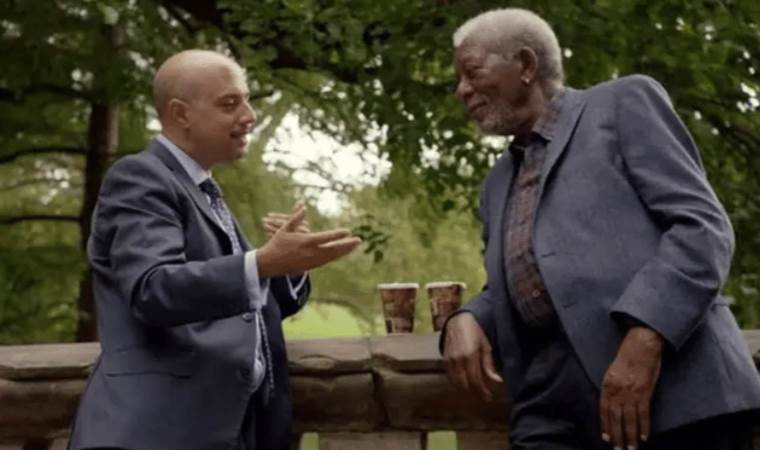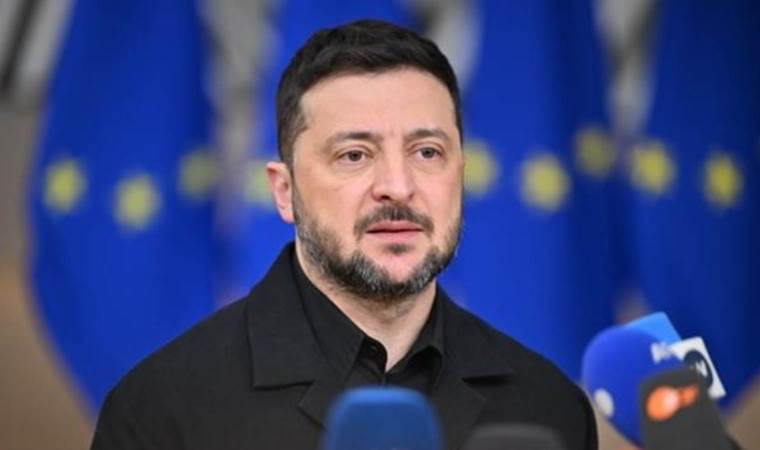Afterlife: Scientists' surprising insights
Dr. Stuart Hameroff, from the University of Arizona, theorized that human consciousness is related on the same level as quantum mechanics.

Mathematician Roger Penrose, the two proposed the 'orchestrated objective reduction' theory, which explores the idea that our consciousness 'reflects our place in the universe, the nature of our existence'.
The theory, reminiscent of the 'double slit' experiment, suggests that the microtubules, which contain quantum energy, in our brains create a 'proto-conscious' structure of reality influenced by information.
Meaning that when a person dies, their mind creates its own form of reality. They aren't the only ones to propose this idea.
UK scientist Dr. Sam Parnia appeared on National Geographic's The Story of God, hosted by Morgan Freeman, where he revealed that he believes human consciousness lives on after we die. Dr. Parnia studied more than 100 cases of cardiac arrest survivors, in cases where the patients technically died before coming back to life, and many of them had bizarre experiences to share from their time on death's door.
Speaking in 2017, the doctor said: "We know that actually for thousands of years, people who have come close to death for any reason have had these very profound, deep, and in some ways mystical experiences. People feel an immense sense of peace, comfort, and joy when they go through death. They may describe a sensation of actually meeting deceased relatives, friends, or others that they don’t really know. So I think what we are beginning to understand is that we have a very universal experience of death."
The doctor, who leads the Human Consciousness Project at the University of Southampton, went on to claim that once a person is dying and their body is turned into a corpse, that is when the cells inside the body will begin the process of death, which can take as long as several days.
"So actually, we have this window of time where we can bring people back to life, and the experiences that they have given us is an indication of what it is like to go through death," he said.
"Today we call the soul consciousness in science, so we can test the theory scientifically. The evidence we have is that when a person dies, that part that makes us who we are – the soul or mind, or whatever you call it – it does not become annihilated."
However, because of how little is known about the human mind, there's sadly not a definitive answer to the question - but it is an interesting thought.
Most Read News
-
 Thailand imposes martial law in border districts as clas
Thailand imposes martial law in border districts as clas
-
 2 killed, 8 critically injured in shooting at Brown Univ
2 killed, 8 critically injured in shooting at Brown Univ
-
 Zelenskyy says bilateral security guarantees a ‘compromi
Zelenskyy says bilateral security guarantees a ‘compromi
-
 Delhi’s air quality worsens to new severe level, Indian
Delhi’s air quality worsens to new severe level, Indian
-
 Attacks on Bangladeshi peacekeepers in southern Sudan ma
Attacks on Bangladeshi peacekeepers in southern Sudan ma
-
 2 Palestinians killed by Israeli army in occupied West B
2 Palestinians killed by Israeli army in occupied West B
-
 Trump vows to respond to alleged ISIS attack on US force
Trump vows to respond to alleged ISIS attack on US force
-
 ‘No place for violence in Australia,’ says Premier Alban
‘No place for violence in Australia,’ says Premier Alban








